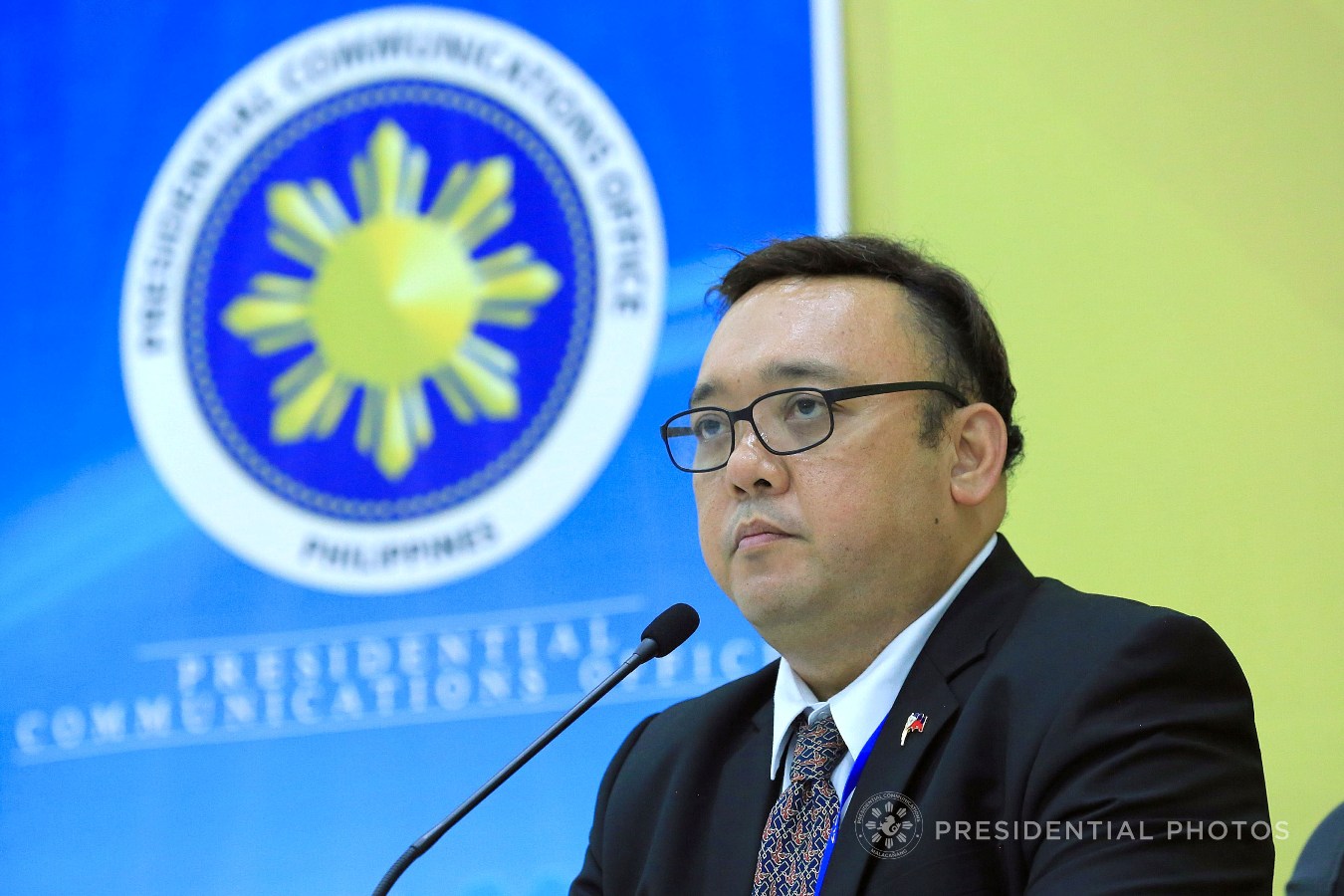Headline
After PH pulls out from ICC, Roque predicts other states will follow suit
As President Rodrigo Duterte decided to pull the Philippines out of the International Criminal Court (ICC), his mouthpiece believes that this move will be “the beginning of the end” for the court, as it will start an “avalanche” of withdrawal of other states.
“The Philippine withdrawal, I am sure, will start an avalanche of other states leaving the court. Secondly, no other Asians would join the ICC now. Only the Philippines has taken the role of advocating that other countries in the region should become a member. This the beginning of the end of the court,” Presidential Spokesperson Harry Roque told ANC on Thursday, March 15.
The spokesman, however, defended the decision of the President to withdraw the Philippines from the ICC despite the effort he had put into the country’s membership.
The Palace official noted that the ICC did not observe its “complementarity principle” when it began its preliminary examination into the complaint filed against Duterte in connection with the high number of killings under his controversial war on drugs.
“This is not even part of the formal procedure of the court yet. But as a matter of principle, the fact that it started preliminary examination already violates the very fundamental basis by which we gave our consent to be part of the ICC,” he explained.
Roque said that the ICC, in compliance with its complementarity rule, can only exercise jurisdiction over an individual if the local courts are unable to or unwilling to act on a certain case. He added that he already brought this matter up before the ICC but it paid no heed to him.
Roque, a former co-chairperson of the Philippine Coalition for the ICC, had pushed the Philippines to ratify the Rome Statute.
Best known as a human rights lawyer before, Roque was one of the first individuals who celebrated when the country ratified its membership in the ICC back in 2011. He even thanked former President Benigno “Noynoy” Aquino III for this development.
“To be candid, I never thought that membership in the ICC was possible, at least before I become geriatric. This is because of the many atrocities under both the Marcos and Arroyo regimes that remain unpunished. Well, it’s always a pleasure to be proven wrong. Here, credit should go to both the Senate and to President Benigno Aquino III.
It was the latter who reversed the Arroyo policy of rejecting the ICC as a means of ending impunity, the spokesman wrote in his blog last August 25, 2015.
Just yesterday, March 14, Duterte announced his decision to pull the Philippines out of the ICC “effective immediately,” saying that “there appears to be fraud in entering such agreement.”
“The Philippines in ratifying the Rome Statute was made to believe that the principle of complementarity shall be observed, that the principle of due process and the presumption of innocence as mandated by our Constitution and the Rome Statute shall prevail, and that the legal requirement of publication to make the Rome Statute enforceable shall be maintained,” Duterte wrote in a statement, adding that these considerations that the country agreed upon were not complied with.






















